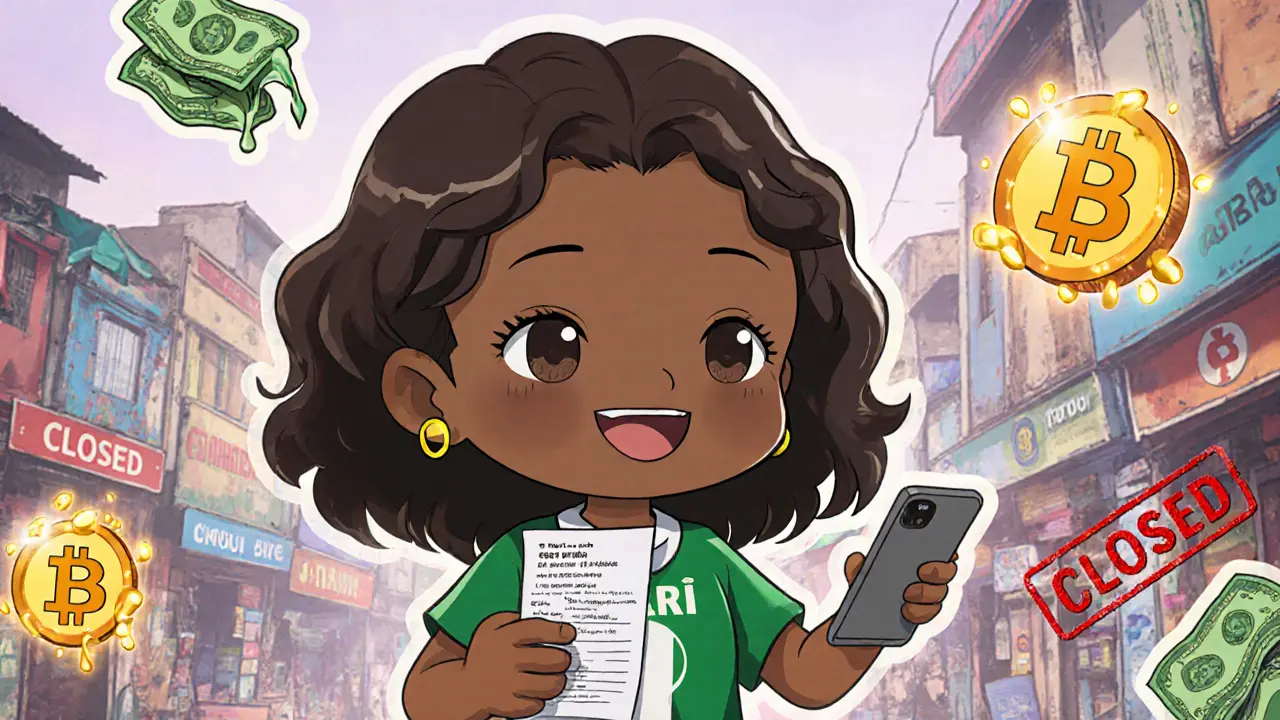Restricted Countries Crypto: Where You Can't Trade Crypto Legally in 2025
When it comes to restricted countries crypto, nations that limit or ban cryptocurrency trading, payments, or mining under national law. Also known as crypto-blacklisted countries, these places don’t just discourage crypto—they enforce fines, shut down exchanges, or block access entirely. It’s not about fear of technology. It’s about control. Governments in these regions see crypto as a threat to their financial systems, currency sovereignty, or tax collection. Some ban payments but allow trading. Others monitor every transaction through banks. And a few have outright criminalized ownership.
Take Turkey, a country that banned crypto payments in 2021 to stop currency flight, but still lets people trade Bitcoin and altcoins. Also known as Turkish crypto regulations, this hybrid approach created a massive underground market—over $170 billion in crypto activity now flows through peer-to-peer platforms, despite the ban. Then there’s Egypt, where banks are legally required to flag and report crypto transactions under the 2020 Banking Law. Also known as Central Bank of Egypt crypto rules, this isn’t a ban—it’s surveillance. Every transfer to a crypto wallet gets logged, and users risk account freezes if they can’t prove the source. And let’s not forget Binance restricted countries, the 70+ nations where Binance blocks deposits, withdrawals, or trading features due to local licensing laws. Also known as crypto exchange blacklists, this list includes places like the U.S. (partial restrictions), Nigeria (withdrawal limits), and Indonesia (local fiat integration rules). These aren’t random decisions. They’re responses to capital flight, money laundering risks, or political pressure.
What you won’t find on most lists are the quiet restrictions. Like how some countries let you hold crypto but ban exchanges from offering fiat on-ramps. Or how others allow mining only if you get a state license and sell 100% of your output to the government—like in Iran. Or how Australia quietly forced exchanges to delist privacy coins like Monero and Zcash under AML rules. These aren’t headline bans. They’re slow suffocation.
Below, you’ll find real reviews and breakdowns of how these restrictions play out in practice. From Binance’s country-by-country service cuts to how Turkish traders bypass the payment ban, from Egypt’s bank monitoring tech to why certain tokens vanish from exchanges in regulated zones. This isn’t theory. It’s what people are dealing with right now—whether they’re trying to trade, mine, or just hold crypto without getting flagged.
